 Water Pollution Investigation
Water Pollution Investigation
River pollution poses significant environmental hazards, and as pollutants diffuse over time, tracing the source becomes increasingly difficult. Therefore, it is crucial to identify pollution activities and patterns at the earliest stage. The Environmental Management Administration collaborates with regional offices of the Irrigation Agency to monitor and assess areas with abnormal water quality, aiming to promptly identify pollution activities and pinpoint potential polluters, thereby safeguarding water quality and the ecological environment.
River Pollution Monitoring and Tracing MechanismUsing fixed water quality monitoring facilities, real-time surveillance of river pollution patterns is conducted. When abnormalities in water quality are detected, source-tracing analyses are initiated. After identifying potential polluters, mobile automatic water quality monitoring and sampling devices are installed along the affected waterways. These devices enable long-term analyses to determine the frequency of discharges and behavioral patterns of polluters, facilitating subsequent investigation efforts.
Inter-Agency Collaborative CrackdownsTo ensure water quality meets legal standards, the Environmental Management Administration collaborates with Irrigation Agency regional offices to conduct monitoring, evaluation, discharge control, and emergency response operations in areas with abnormal water quality. Educational campaigns targeting businesses and the public are also carried out to promote water quality sustainability, fostering cooperation and accountability in water resource management between all sectors, and protecting public health and the ecological environment.
Case Study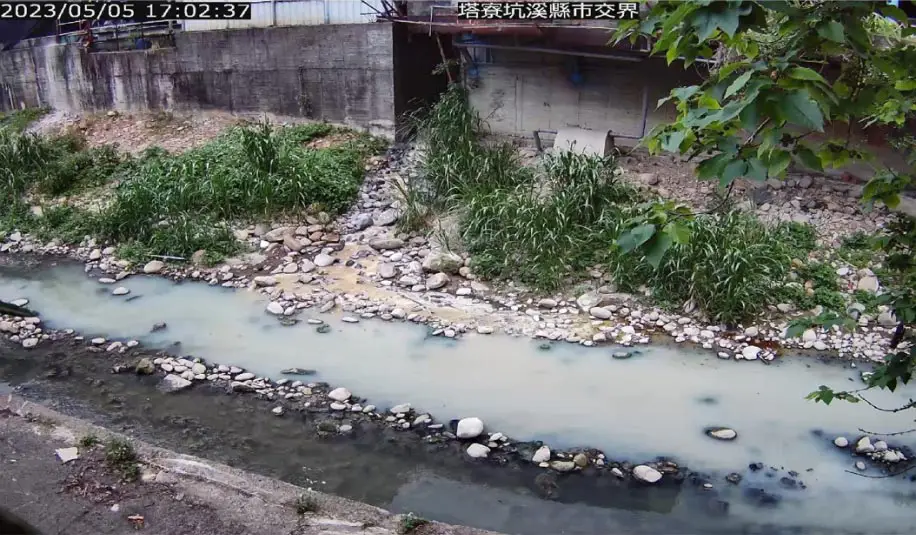
A chemical company in Taoyuan was accused of discharging highly alkaline wastewater with a pH value exceeding 12.5 into Taliao Pit River, a tributary of the Dahan River, since 2005, causing severe environmental damage. Despite knowing that its wastewater was classified as hazardous industrial waste, the company discharged it directly into the water body without obtaining a wastewater discharge permit. On April 23, 2023, the Taoyuan District Prosecutors Office completed its investigation and indicted the company's manager, surnamed Wu, her husband, surnamed Chang, and an employee, surnamed Chang. They were charged under the "Waste Disposal Act," with illicit gains amounting to over NT$140,593,294 seized.
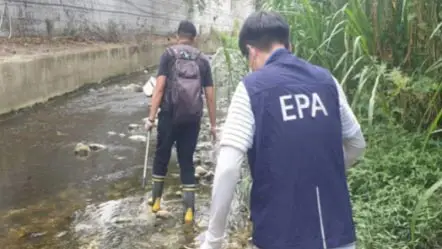
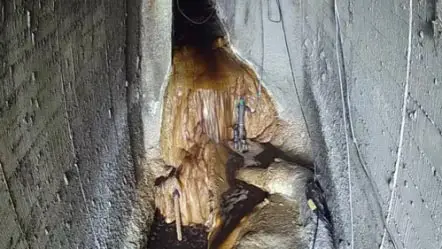
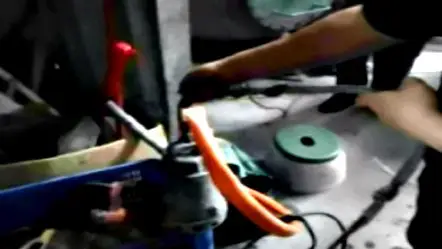
The Northern Center of Environmental Management, in collaboration with the Irrigation Agency, conducted an on-site inspection on May 17, 2023, targeting a technology development company, a suspected polluter. The inspection revealed that the company had installed a mobile submersible pump in its chemical sedimentation tank to pump wastewater from the tank to the overflow weir and subsequently into an intermediate water tank. The company was reported under the "Water Pollution Control Act," and the immediate removal of the submersible pump was ordered on-site.
From Feb. 13 to May 29, 2023, the center assisted the Hsinchu County Environmental Protection Bureau in installing surveillance cameras to crack down on illegal wastewater discharge. Between Feb. 15 and May 30, 2023, oil absorbent pads and resin bags were placed at 10 locations within the Ongzun Donghua Self-Development Zone's ditches as well as Ongcuo Canal and Xinsha Canal to monitor water quality. Initial X-RF testing detected no heavy metal pollution. On Oct. 6, an oil detector was installed at the water canal convergence point to monitor Ongcuo River pollution in real time. On Nov. 3, cameras were set up to monitor surface oil contamination and Ongcuo River pollution in real time. Additionally, on Oct. 27, a camera was installed on Baotai Fifth Road to prevent illegal dumping.
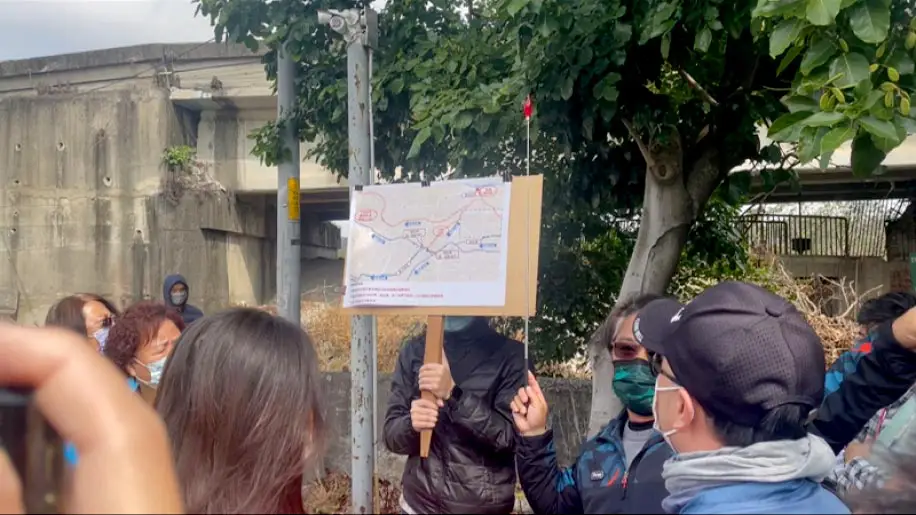
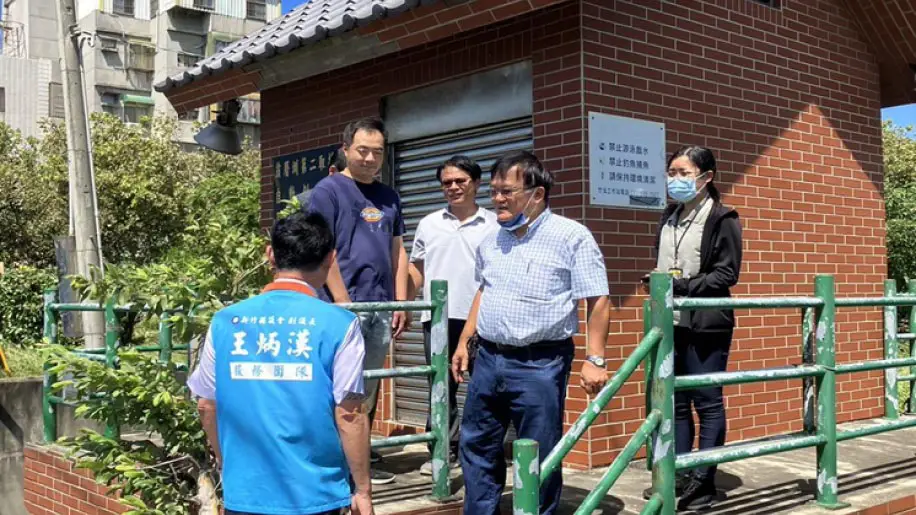
The center's mobile automatic sampling equipment, initially created by the center's staff, has since been refined into a modular product developed by manufacturers with guidance. This advancement has significantly improved sampling efficiency and equipment reliability, further aiding the collection of evidence in water pollution cases.
Results and Future ProspectsFrom 2023 to Feb. 2024, 113 inspections (including those conducted by environmental protection bureaus) were carried out, resulting in five violations being reported and administratively penalized. These efforts highlight the effectiveness of the center in combating environmental pollution. By strengthening collaboration with relevant agencies and implementing comprehensive monitoring and investigations, the center aims to prevent illegal wastewater discharges and other pollution activities, ensuring that water quality meets legal standards and further safeguarding public health and the ecological environment.
- Data Source: Northern Center of Environmental Management
- Publish Date: 2024-12-10
- Update Date: 2026-02-12

 Related Topics
Related Topics






